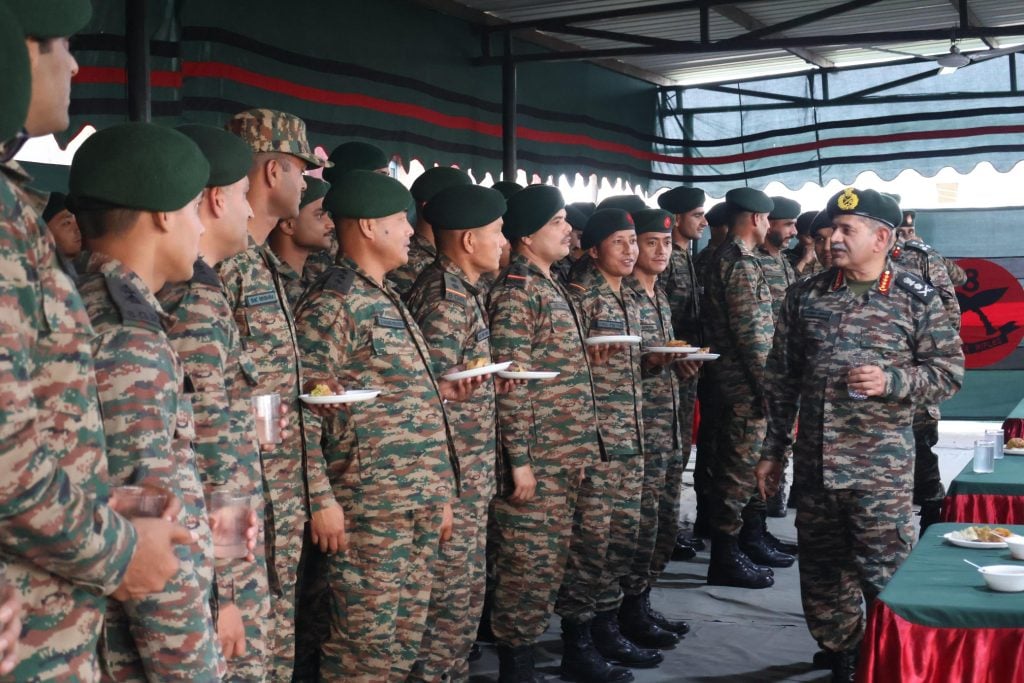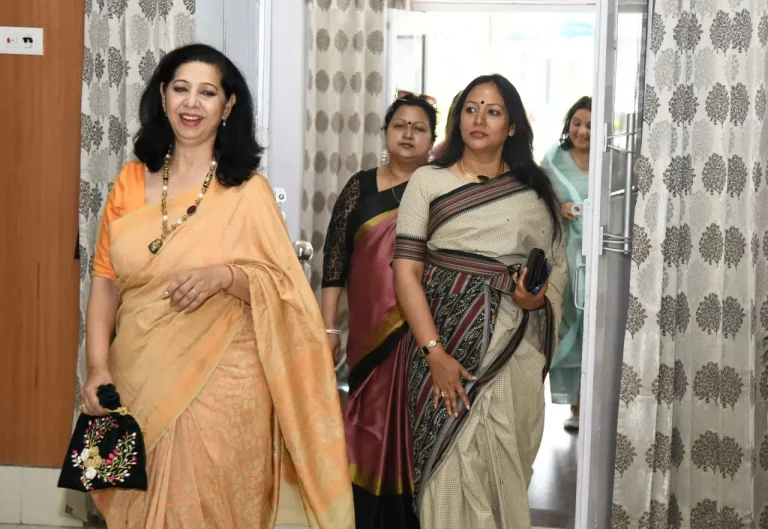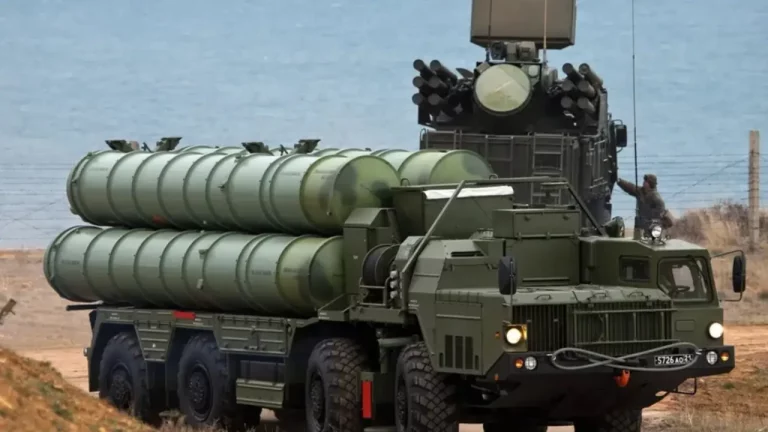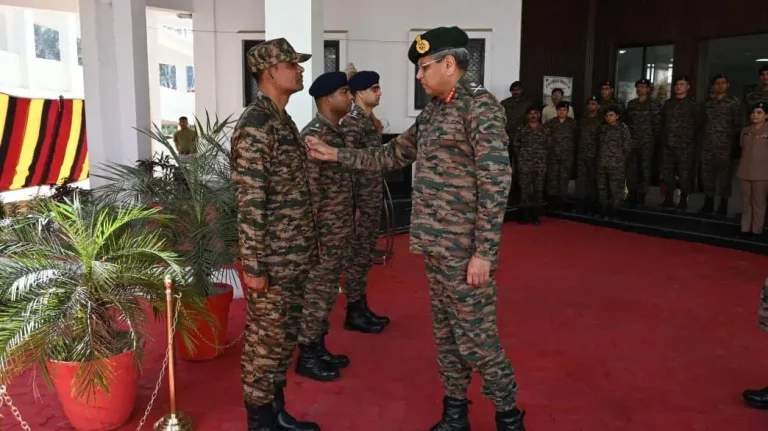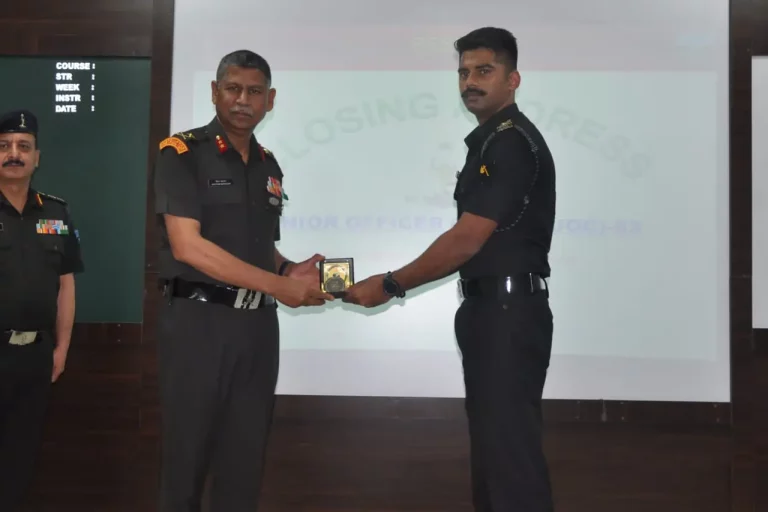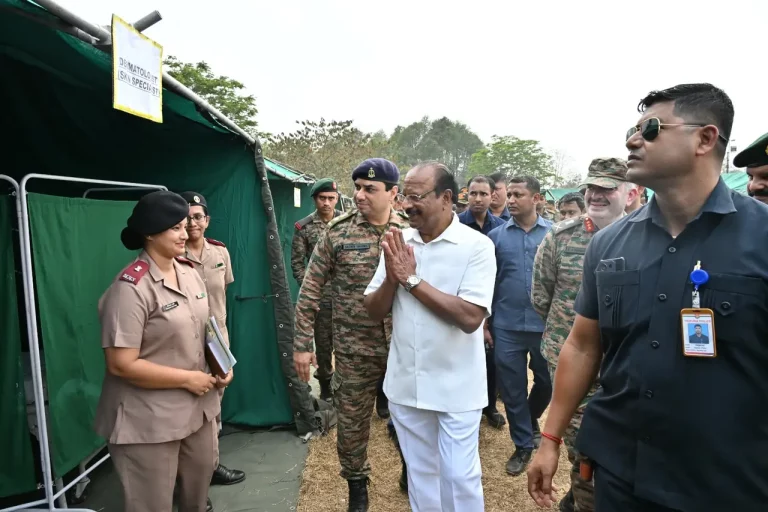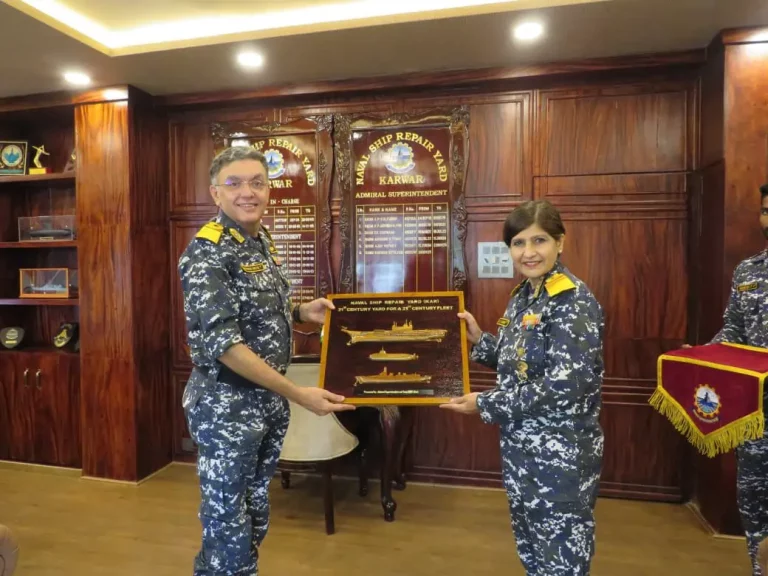In a significant move underscoring the Indian Army’s commitment to operational readiness and modernization, General Upendra Dwivedi, the Chief of the Army Staff (COAS), visited the forward areas along India’s western borders on Saturday. This visit was instrumental in reviewing the preparedness of frontline troops deployed in the region. General Dwivedi conducted a thorough inspection at the Panther Division Headquarters in Amritsar, a formation with a storied history in India’s defense forces.
During his visit, General Dwivedi engaged with personnel and received briefings on both operational dynamics and the existing security landscape. He praised the troops for their professionalism and unwavering dedication to national security. The COAS urged the soldiers to adopt modern technological advancements as the Indian Army progresses along its transformation roadmap, which is designed to realize the vision of Viksit Bharat by 2047. This vision emphasizes not only technological innovation but also self-reliance, which are fundamental components of India’s broader Atmanirbhar Bharat initiative.
The Panther Division, with its establishment dating back to 1964, carries a distinguished legacy in Indian military history, most notably for raising the first Indian flag in Western Pakistan during the 1971 Indo-Pakistani War, a conflict that ultimately led to the formation of Bangladesh. Over the years, the division has made significant contributions in both defending India’s borders and aiding in humanitarian missions throughout the country.
General Dwivedi’s focus on embracing technology highlights the Indian Army’s ongoing “Decade of Transformation,” running from 2023 to 2032. This strategic plan aims to modernize India’s defense capabilities substantially. As part of this initiative, the Army has already integrated 37 innovations and obtained 25 intellectual property rights, demonstrating its commitment to fostering indigenous solutions and nurturing a strong defense manufacturing ecosystem within the country. These combined efforts are anticipated to reshape India’s defense landscape, focusing on resilience, innovation, and self-reliance to bolster national security.
General Dwivedi’s visit occurs at a crucial juncture when the Indian Army is prioritizing both operational efficacy and modernization. This ensures that its troops are well-prepared to tackle contemporary security challenges while simultaneously contributing to the nation’s overarching development objectives.
